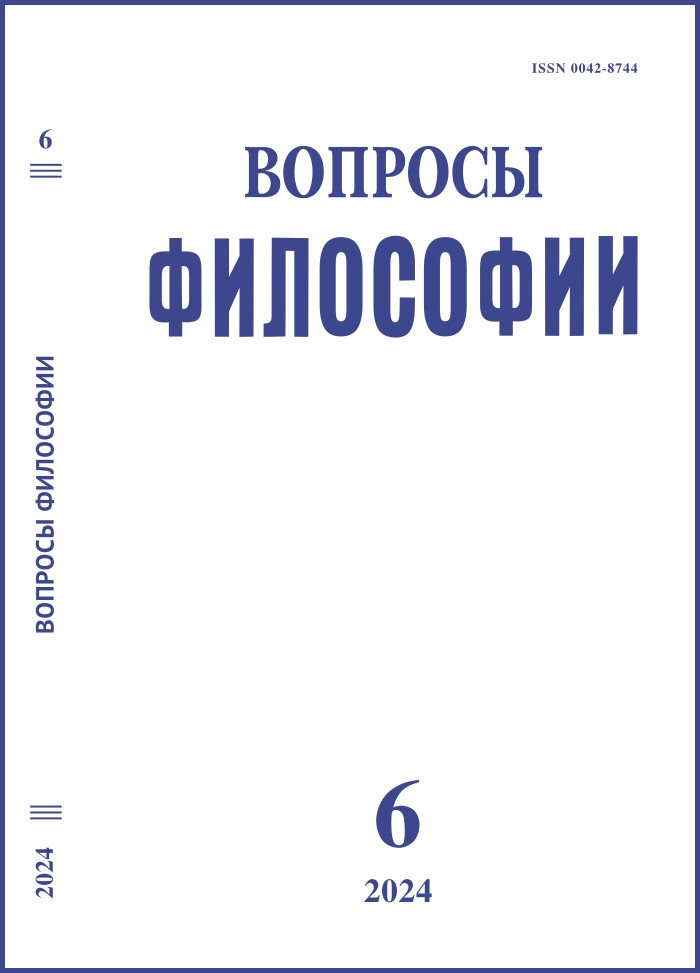Marx’s Theory and the Realities of World and Russian History
DOI:
https://doi.org/10.21146/0042-8744-2024-6-34-46Keywords:
Marx, philosophy, sociology, social reality, society, history, activity, socialism.Abstract
During the post-Soviet period of Russian history, a negative attitude towards Karl Marx was established in public opinion, who is considered the author of an eschatological utopia, the bankruptcy of which is considered self-evident proof of the scientific failure of the “materialistic understanding of history”. Objecting to this point of view, the author examines the basic concepts of Marx’s philosophical and sociological doctrine, which (provided they are correctly understood and rejected from unlawful absolutization) remain valid for modern science. At the same time, the author examines Marx’s ideas, which are not confirmed by the course of modern history, which primarily include the German thinker’s ideas about the state and fate of modern capitalism. The author believes that the undoubted mistake of Marx, who mistook the birth pangs of civilized capitalism for its agony, should not be used to discredit the formational typology of history and Marx’s ideas about the socialist perspective of development. To prove this idea, it is important to understand that Marx is not responsible for the social system created by the Bolshevik revolution in Russia, which was not related to the socialist organization of society, representing the reincarnation of the political orders established in a European country on an industrial rather than agricultural basis. The natural collapse of this society was realized in full accordance with the postulates of the materialistic understanding of history and cannot be used as an argument in favor of their scientific failure.

